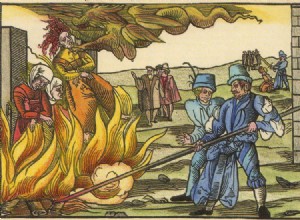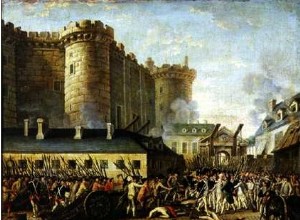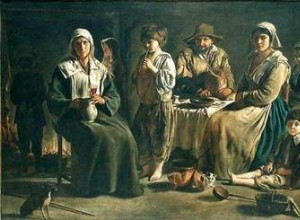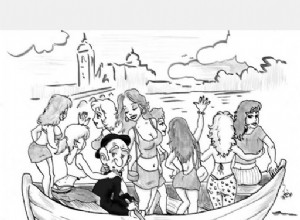This article on the witch trials is an excerpt from my new book, Yesterdays Fake News. Crazy conspiracy theories from history The belief in witches and the witch trials that follow from it are a myth unparalleled in history. In his time and space, he was believed by such a large part of the popula




